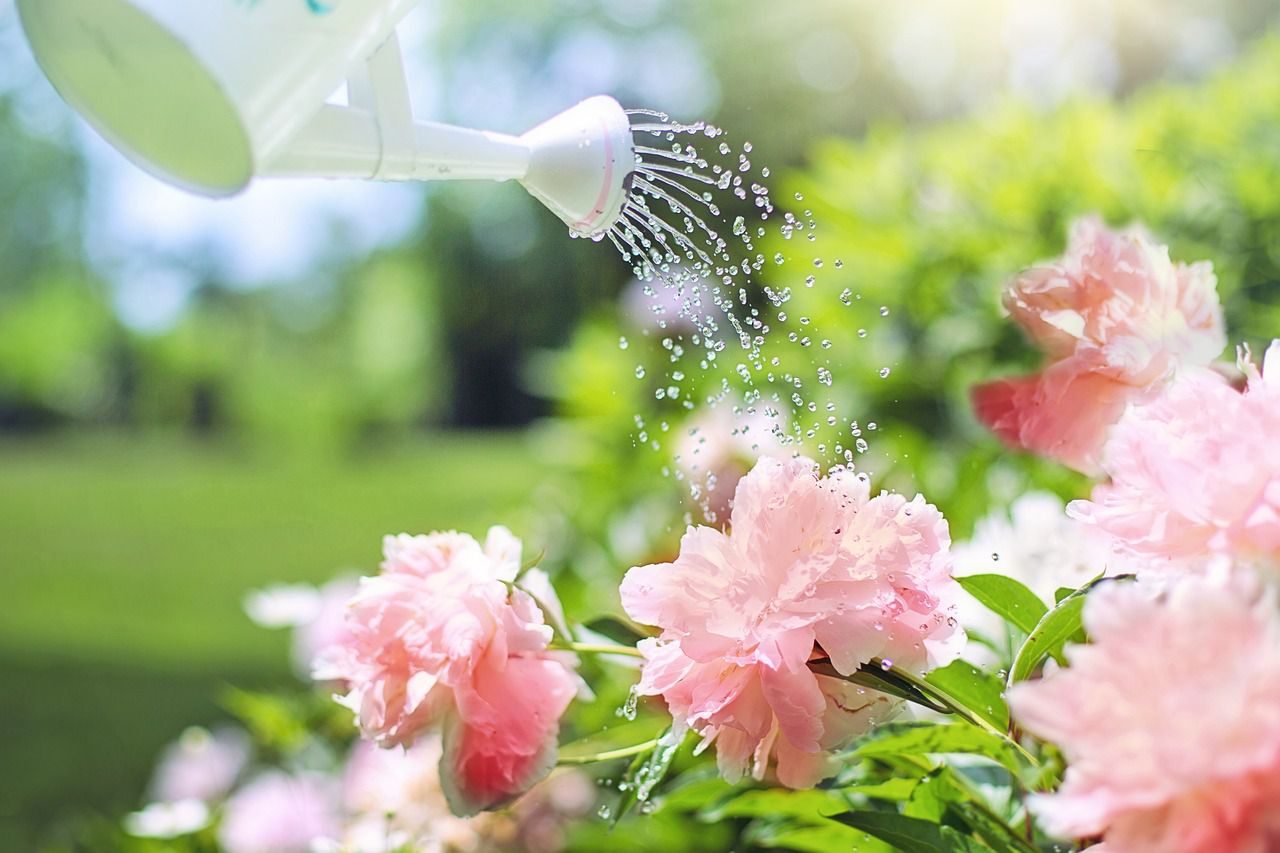Why you shouldn't water your garden plants when it's too sunny: More damage than use
While some people who are new to gardening think that they should water their plants a lot when it's hot and sunny, it's not always the case.
Sometimes, watering plants when it's sunny makes more harm than use.
Let's find out, why.
Water evaporation
When you water plants during the hottest part of the day, the water applied to the soil can quickly evaporate due to the high temperature and intense sunlight.
This means that a significant portion of the water may not be absorbed by the plant's roots and instead be lost to evaporation.

Leaf damage and scorching
Water droplets on plant leaves can act as magnifying lenses, intensifying the sun's rays and causing leaf scorch or burn.
The intense heat combined with water droplets on the leaves can lead to the development of brown spots, wilting, or even permanent damage to the plant's foliage.
Inefficient water uptake
When plants are exposed to high temperatures and intense sunlight, their stomata (small openings on the leaves) tend to close to reduce water loss through transpiration.
If you water the plants during hot, sunny periods, the closed stomata hinder the plant's ability to take in water effectively, limiting the absorption and distribution of moisture throughout the plant.
Soil temperature and root stress
The combination of hot soil and cold water can shock the plant's roots, causing stress and potential damage.
